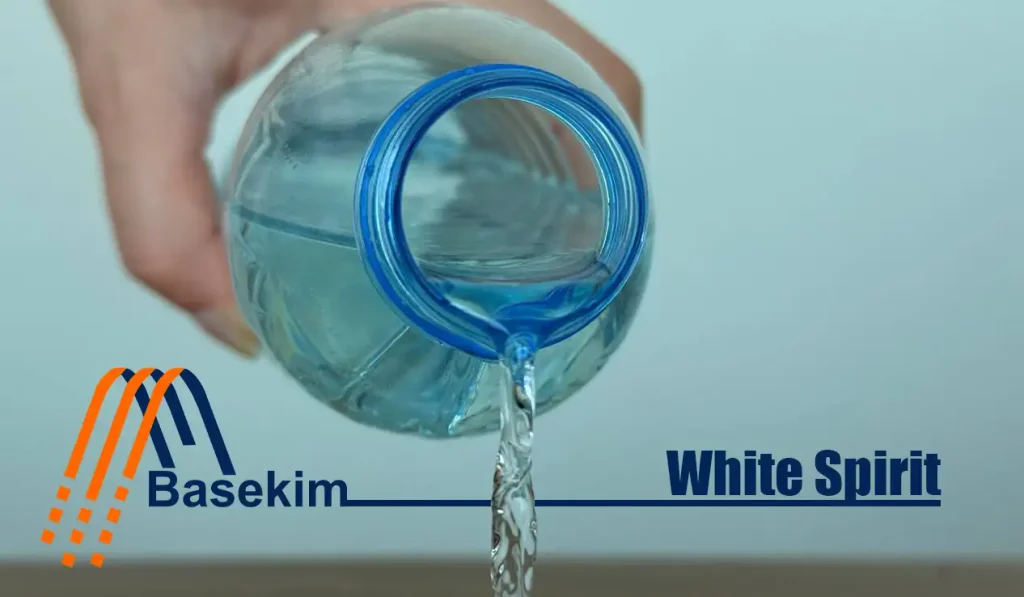
Industrial solvents play a vital role in multiple industries, from construction and petrochemicals to paints and coatings. Among them, white spirit stands out for its versatility and wide usage. As demand grows, businesses increasingly search for a reliable white spirit supplier to meet quality and consistency needs. But how does white spirit compare to other commonly used industrial solvents? This article explores the key differences, advantages, and applications to help buyers make informed choices.
What is White Spirit?
White spirit, also known as mineral spirits, is a petroleum-derived solvent widely used in cleaning, thinning paints, degreasing, and as a carrier fluid in adhesives and coatings. It is colorless, flammable, and has moderate evaporation rates. Compared to harsher solvents, white spirit is less aggressive yet highly effective, making it popular among manufacturers and contractors alike.
White Spirit vs. Acetone
Acetone is another common solvent, primarily used in the plastics, textile, and cosmetics industries. While acetone evaporates quickly and has stronger dissolving power, it is also more volatile and aggressive. White spirit, on the other hand, offers a slower evaporation rate, giving users more working time in paint thinning or cleaning processes. For industries needing a balance of effectiveness and safety, choosing a white spirit supplier is often the preferred option.
Solvent 402 vs. Toluene
Toluene is an aromatic hydrocarbon solvent known for its strong solvency power in adhesives, inks, and coatings. However, it carries higher toxicity risks and stronger odor compared to white spirit. Many companies seeking safer alternatives opt for white spirit, especially in applications where worker safety and compliance with environmental regulations are critical. While toluene may be suitable for specific high-strength applications, white spirit remains the solvent of choice for general cleaning, thinning, and degreasing tasks.
White Spirit vs. Xylene
Xylene is widely used in printing, rubber, and leather industries. Its strong solvency makes it effective for specialized chemical reactions, but it is more hazardous and requires careful handling. White spirit, in contrast, offers a safer handling profile and broader use in day-to-day industrial cleaning and surface preparation. Companies looking for cost-effective and safer solutions often prefer sourcing from a white spirit supplier rather than relying solely on xylene.
Cost Comparison: Solvent 402 and Other Solvents
Price is a significant factor in industrial solvent selection. Acetone and toluene tend to be more expensive due to higher volatility and specialized applications. Xylene also comes with added handling costs because of stricter safety measures. White spirit, however, is relatively affordable, available in bulk, and easier to transport and store. This cost-effectiveness makes it attractive for industries requiring large volumes of solvent without compromising performance.
Environmental and Safety Considerations
Environmental concerns are pushing industries to adopt safer and less toxic solvents. Acetone and toluene are associated with higher emissions and stricter regulatory requirements. White spirit, although petroleum-based, is comparatively safer in controlled use and has fewer health risks when handled properly. Selecting a reliable white spirit supplier ensures businesses can comply with environmental standards while maintaining efficiency in operations.
Why Choose a Trusted White Spirit Supplier?
The quality of solvents can vary significantly depending on the supplier. A trusted white spirit supplier provides consistent product quality, reliable packaging, and timely delivery. Moreover, reputable suppliers often offer different grades of white spirit tailored to paints, coatings, or industrial cleaning needs. Choosing the right partner ensures that companies benefit from cost savings, regulatory compliance, and long-term operational efficiency.

Durable packaging of white spirit for export and large-scale industrial use.
Conclusion
While acetone, toluene, and xylene each have their specialized applications, white spirit offers a balanced solution in terms of safety, cost, and versatility. For industries ranging from paint production to petrochemicals, partnering with a trusted white spirit supplier is essential to secure reliable, high-quality products that meet both technical and regulatory requirements.
White Spirit – Material Safety Data Sheet (MSDS)
Download the official MSDS for White Spirit, including safety guidelines, handling instructions, hazard information, and storage recommendations.
White Spirit – Technical Specification Sheet
Detailed product specification of White Spirit with physical and chemical properties, industrial applications, and packaging information.

